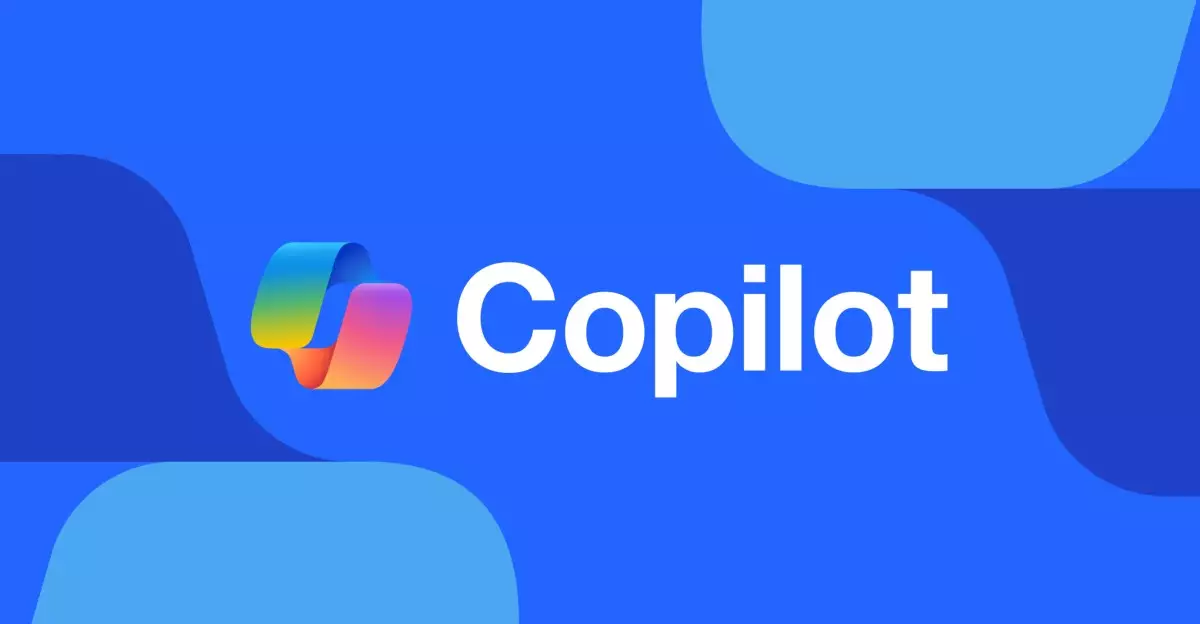In an exciting development for tech enthusiasts and professionals alike, Microsoft is stepping into a new realm of artificial intelligence with its upcoming enhancements to Microsoft 365 Copilot. The recent announcements following Google and OpenAI have set the stage for a powerful evolutionary leap in the productivity software arena. With the introduction of two cutting-edge “deep reasoning” agents—Researcher and Analyst—Microsoft is clearly aiming to redefine the possibilities within data management and analysis.
Researcher: The Virtual Knowledge Hunter
The Researcher agent brings the strength of OpenAI’s advanced research capabilities to the forefront. This innovative tool is designed for complex, multi-step research tasks, allowing users to pull insightful data from a vast array of sources. By integrating seamlessly with third-party data providers such as Salesforce and ServiceNow, Researcher is engineered to help business users glean pivotal insights that could drive strategic decision-making. In an age where information is abundant yet often chaotic, the ability to efficiently distill relevant data into actionable insights is nothing short of revolutionary.
However, one must wonder: Does the power of Researcher translate into actual usability? Can it effectively replace traditional research methods that often involve tedious manual sifting through information? The promise of automating such processes is compelling, but the true test will be its functionality in practical office settings.
Analyst: The Data Wizard
On the other hand, Microsoft’s Analyst agent claims to be the powerhouse for data manipulation, built upon OpenAI’s o3-mini reasoning model. With features like the ability to run Python scripts live and convert raw datasets into structured spreadsheets, Analyst is being positioned as a tool that rivals the capabilities of skilled data scientists. The prospect of transforming complex datasets into coherent reporting with just a few prompts holds substantial appeal, particularly for organizations without extensive data analysis expertise.
Nonetheless, skepticism lingers about whether Analyst will truly democratize data science or if it might, in reality, become merely another tool with an intimidating learning curve. The question arises: will businesses embrace such technological advancements, or will they encounter resistance based on integration challenges or worker apprehension about AI dependency?
Autonomous Agents: A Taste of Tomorrow
Amidst these advancements, Microsoft is also rolling out new autonomous agent capabilities designed to automate a spectrum of tasks. The promise of executing “any task you can imagine” through AI-driven workflows is undoubtedly ambitious. This kind of transformative automation could result in unprecedented efficiency; however, it brings the concern of over-reliance on digital agents when mundane tasks could be solved by simpler means.
Putting it viscerally, while enhancements like these certainly push the capabilities of workplace efficiency forward, they also prompt a critical examination of what we could be sacrificing in the human element of work. The LinkedIn examples provided are intriguing, but we remain to see whether these innovations translate into substantial improvements in real-world applications.
Ultimately, Microsoft’s strides with Copilot introduce not just powerful tools but also a complex web of expectations for future applications of AI in the workplace. As we remain watchful of these evolutions, the core question surfaces: can such advancements deliver on their promises without compromising the intricacies of human intellect and intuition? The answer remains to be seen, but one thing is clear: we stand at the precipice of a truly transformative era.

